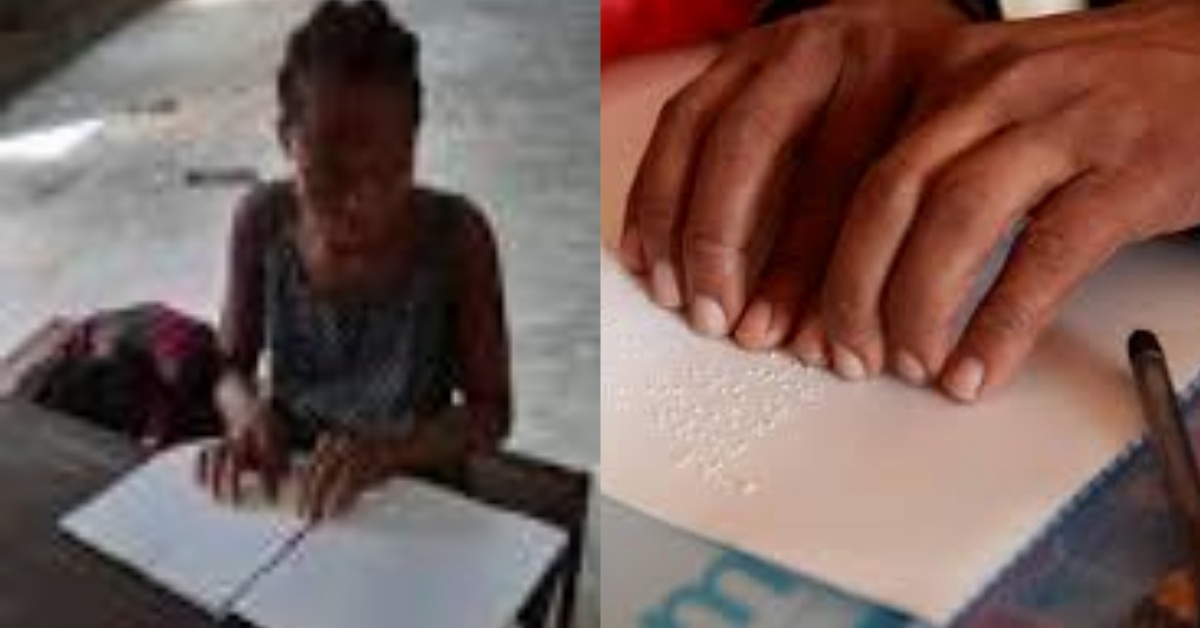The Vocational Training Centre School for the Blind RTI, located in Kenema district, is facing challenges in providing a conducive learning environment for visually impaired students due to inadequate dormitory facilities.
The Principal of the center, Anafi Sówa, highlighted these concerns during a media tour of the school’s facilities.
The School for the Blind was established in 1971, thanks to the efforts of the late President Siaka P. Steven’s wife, to cater to visually impaired adult male learners interested in agriculture and craftwork.
However, the outbreak of the Civil War disrupted the school’s operations, causing significant damage to its structures and facilities. It was during this time that Anafi Sowa took charge and worked to include both male and female blind students, as well as children and youth, in the school.
Today, the school provides formal education to visually impaired students who have completed Junior Secondary School and are seeking further educational opportunities. Despite facing challenges, they aim to transform these students into better citizens who can contribute to the nation’s development.
In terms of public examinations, the school does not allow blind children to write the National Primary School Examination (NPSE) due to their difficulty in teaching verbal and quantitative aptitude alongside mathematics, which are crucial subjects for the exams.
Nevertheless, the free quality education for persons with disabilities in the Kenema district has proven effective, and blind pupils are not required to pay for their education.
At present, the Vocational Center is capable of training pupils in designing various types of country clothes, making special designs suggested by customers, soap-making, woodwork, and computer studies. The school boasts a total of 161 learners, comprising 70 women and 95 men from classes one to six, along with 15 desktop digital computers, braille, and textbooks, and eight teachers, with only one being on the payroll.
Despite receiving subventions for running the school, the teachers on subvention receive only stipends for k their daily sustenance, which has led to funding inadequacies affecting the school’s operations.
The boarding home at the school currently hosts 37 visually impaired pupils, with three pupils sharing one room due to limited dormitory facilities. Other pupils reside outside the school facility. The boarding home lacks sufficient amenities, with mattresses laid on the floor without beds, pupils’ uniforms and clothes: hanging on nails, and defective ceilings posing health threats.
Water availability is also a concern, as outdated pipes have been in use for more than three decades, and boreholes have been damaged over the years. Healthcare facilities are lacking within the school compound, with only emergency medications available. One of the blind pupils expressed gratitude for being able to learn alongside able pupils, promoting integration without discrimination.
However, challenges such as delayed supply of learning materials and insufficient food impact their learning process.
The school appeals to the government and non-governmental organizations for timely intervention and support in providing quality education for persons with disabilities in a conducive environment. They seek assistance in acquiring more computers, a school bus, sufficient food and learning materials, and improved sanitation facilities.




 Post a comment
Post a comment










